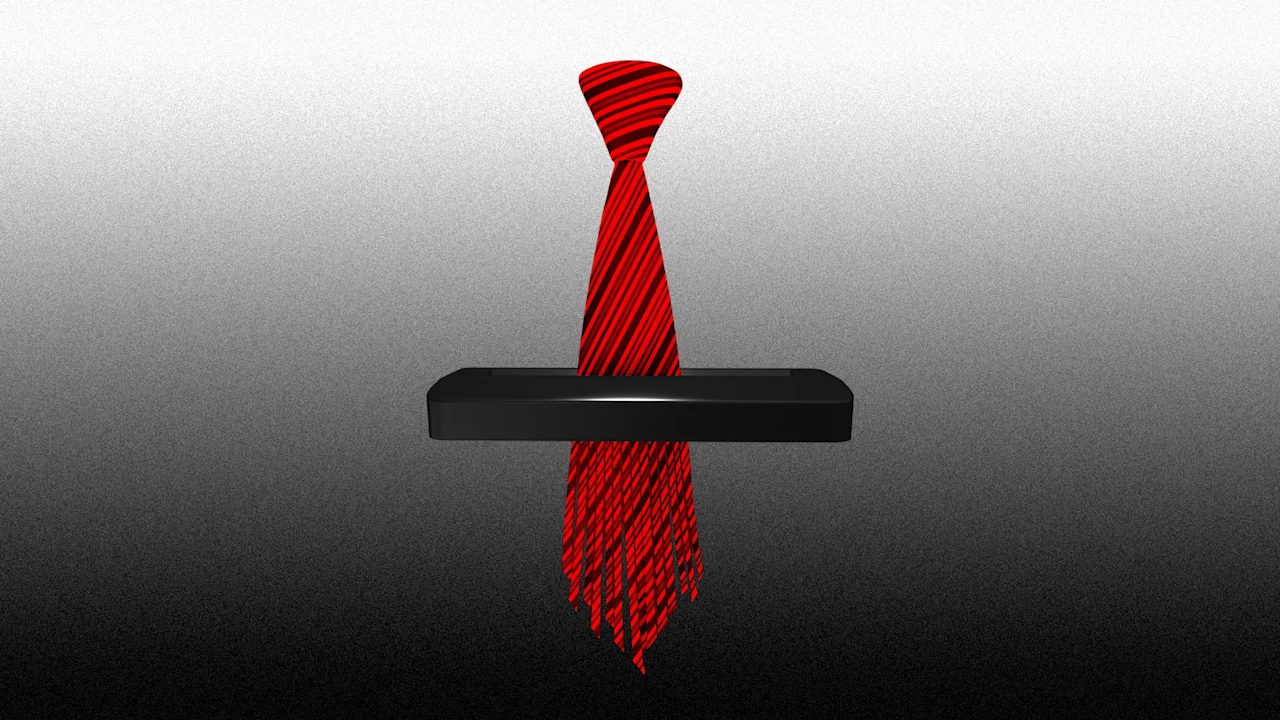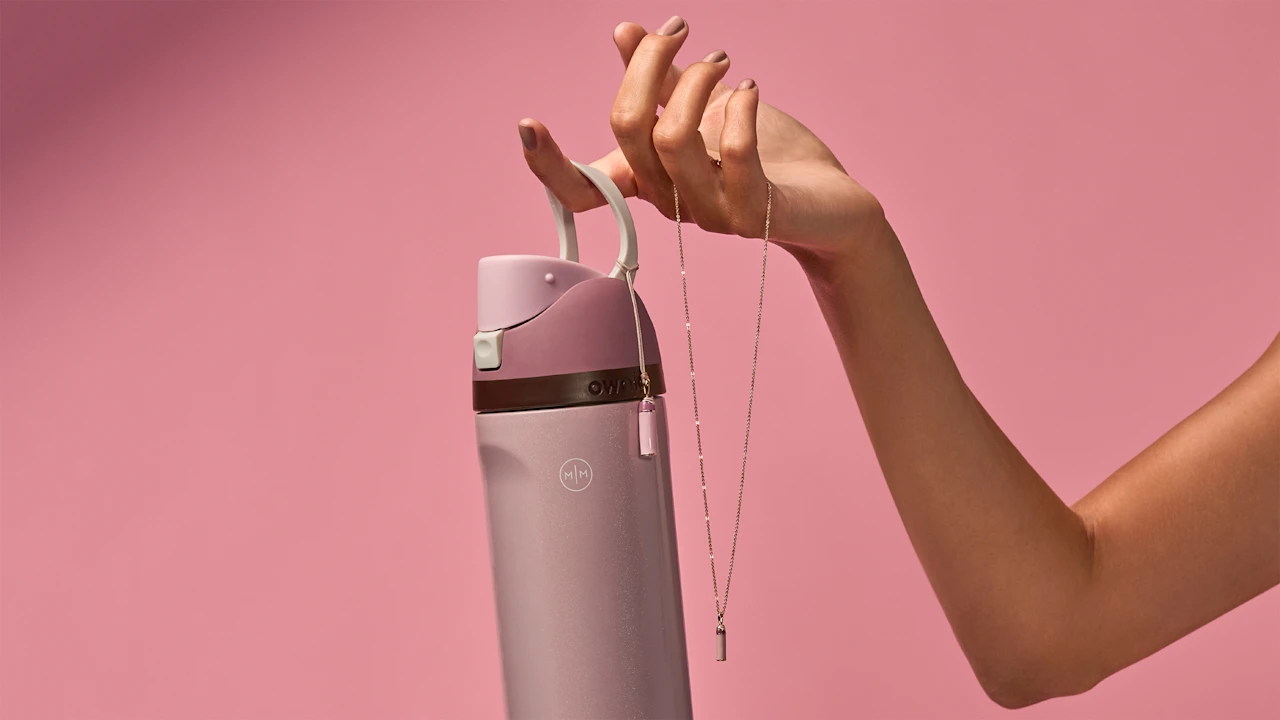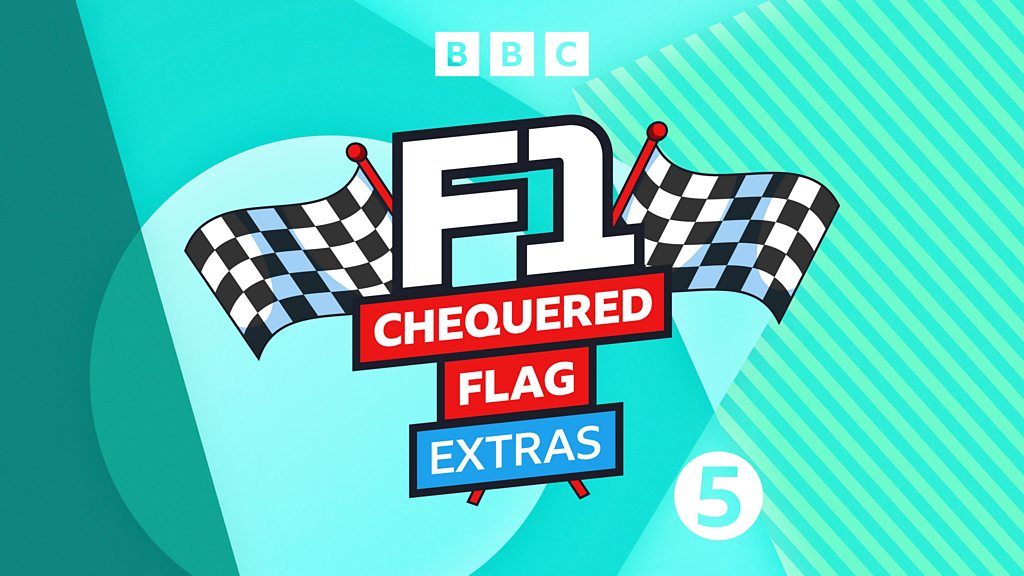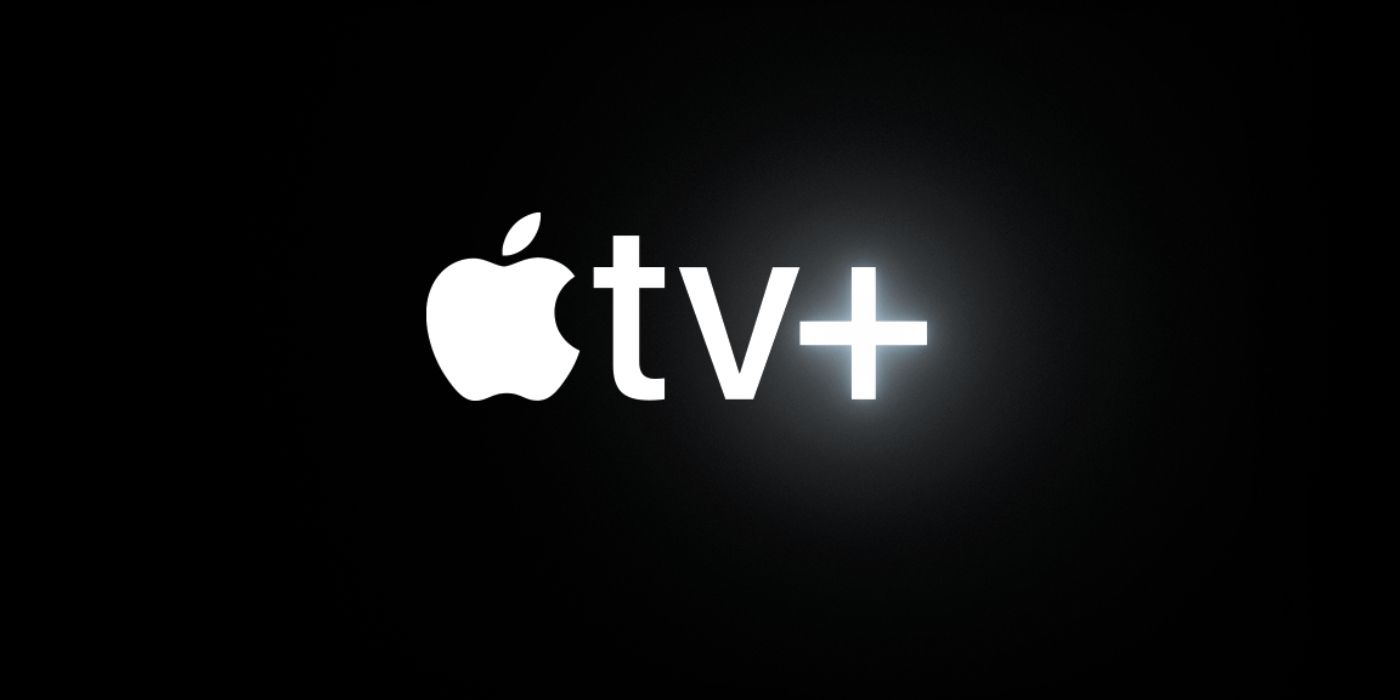How to Make a Logo for Your Brand in 5 Simple Steps

Creating a logo for your brand involves a structured approach that guarantees your design effectively represents your identity. Start by comprehending your brand’s core values and target audience, as this will guide your design choices. Next, explore different logo types, such as wordmarks or combination logos, to find what resonates best. Selecting a cohesive color palette and appropriate font is essential, as these elements convey your brand’s personality. Now, let’s move on to the actual design process.
Key Takeaways

- Identify your brand’s identity, target audience, and core values to inform your logo design direction.
- Choose the appropriate logo type (wordmark, letterform, combination) that best represents your brand’s message.
- Select a color palette and typography that align with your brand personality and evoke the desired emotional response.
- Create initial design iterations focusing on shapes, white space, and visual hierarchy for clarity and impact.
- Gather feedback and conduct testing to refine your logo, ensuring adaptability across various platforms and applications.
Brainstorm and Find Inspiration

How can you effectively brainstorm and find inspiration for your brand logo? Start by comprehending your brand identity, including your target audience, core mission, and guiding values. This foundation helps generate relevant logo creation ideas.
Conduct brainstorming sessions with your team to explore diverse concepts that resonate with your brand essence. Create a mood board to visually represent symbols, colors, and styles that reflect your identity.
Analyzing competitors can additionally reveal differentiation opportunities, ensuring your logo stands out. Don’t forget to use mind mapping tools, like FigJam, to cultivate connections and collaborative ideation.
If you’re looking for practical tools, consider a business card logo maker to visualize your ideas effectively.
Determine the Type of Logo

When determining the type of logo that best suits your brand, it’s essential to reflect on how different styles can convey specific messages and resonate with your audience.
Here are some popular types to evaluate:
- Wordmark: Emphasizes typography, perfect for brands with short names, like Coca-Cola.
- Letterform: Utilizes a single letter, ideal for well-known brands such as Facebook.
- Combination: Blends text and symbols, enhancing recognition, as seen with Doritos.
Using a business card logo creator or a typography logo maker can help you visualize these styles effectively.
Choose Your Color Palette and Font

Selecting the right color palette and font is fundamental for establishing your brand identity and guaranteeing effective communication with your audience. Comprehending color psychology is vital, as colors evoke specific emotional responses; for instance, blue conveys trust whereas red signifies excitement.
Choose colors that align with your brand values and resonate with your target market. Furthermore, selecting the right typography involves picking fonts that reflect your brand personality. Serif fonts suggest professionalism, whereas script fonts convey elegance.
Confirm your color palette maintains sufficient contrast for readability, especially in digital formats. Consistency in your chosen colors and fonts across all branding materials will help create a strong, recognizable typography logo, reinforcing your brand identity effectively.
Design Initial Iterations

Begin the design process by brainstorming various shapes that can effectively communicate your brand’s core messages.
Consider using circles for community, squares for reliability, and organic shapes for fluidity. As a luxury logo creator, you might additionally explore abstract shapes to boost uniqueness in your design.
- Prioritize white space to avoid clutter.
- Confirm visual hierarchy to guide viewer focus.
- Maintain alignment for a professional appearance.
Use tools like Figma to keep consistent grid settings and alignment during your design iterations.
Remember, testing your logo for readability across different sizes is essential to guarantee clarity in all applications.
As a minimalist logo creator, simplicity often leads to the most effective designs.
Test and Refine

Testing and refining your logo is crucial to guarantee it resonates with your target audience and effectively represents your brand. Start by gathering team feedback through peer reviews, which helps identify strengths and areas for improvement. Conduct A/B testing using surveys to assess different logo design samples, focusing on how well they connect with your audience. Apply the feedback you collect to refine and finalize your logo, confirming it aligns with stakeholder expectations. Furthermore, create multiple variations to improve adaptability across various platforms. Finally, prepare your logo for different applications by exporting it in suitable file formats for both digital and print uses.
| Step | Action | Purpose |
|---|---|---|
| 1. Gather feedback | Conduct peer reviews | Identify strengths and weaknesses |
| 2. A/B Testing | Survey audience with logo design samples | Assess resonance and effectiveness |
| 3. Refine | Apply feedback for finalization | Align with brand identity |
| 4. Variations | Create multiple logo versions | Improve adaptability |
| 5. Export | Prepare for digital and print applications | Confirm usability |
Conclusion

Creating a logo for your brand involves a systematic approach. By comprehending your brand identity, selecting the appropriate logo type, and carefully choosing colors and fonts, you set a solid foundation. Designing initial iterations allows you to explore various concepts, as you test and refine based on feedback guarantees your logo resonates with your audience. Following these five steps will aid you in developing a professional logo that effectively represents your brand across different platforms and applications.
Image Via Envato
This article, "How to Make a Logo for Your Brand in 5 Simple Steps" was first published on Small Business Trends
What's Your Reaction?
 Like
0
Like
0
 Dislike
0
Dislike
0
 Love
0
Love
0
 Funny
0
Funny
0
 Angry
0
Angry
0
 Sad
0
Sad
0
 Wow
0
Wow
0





























































































